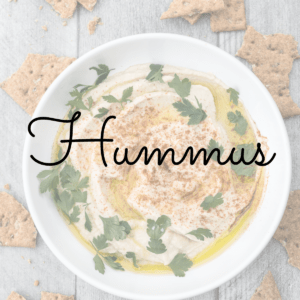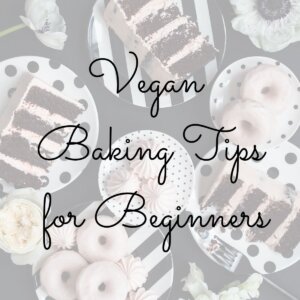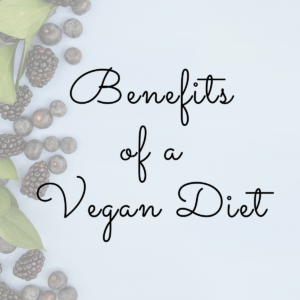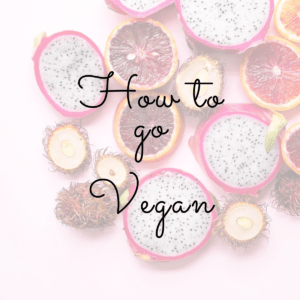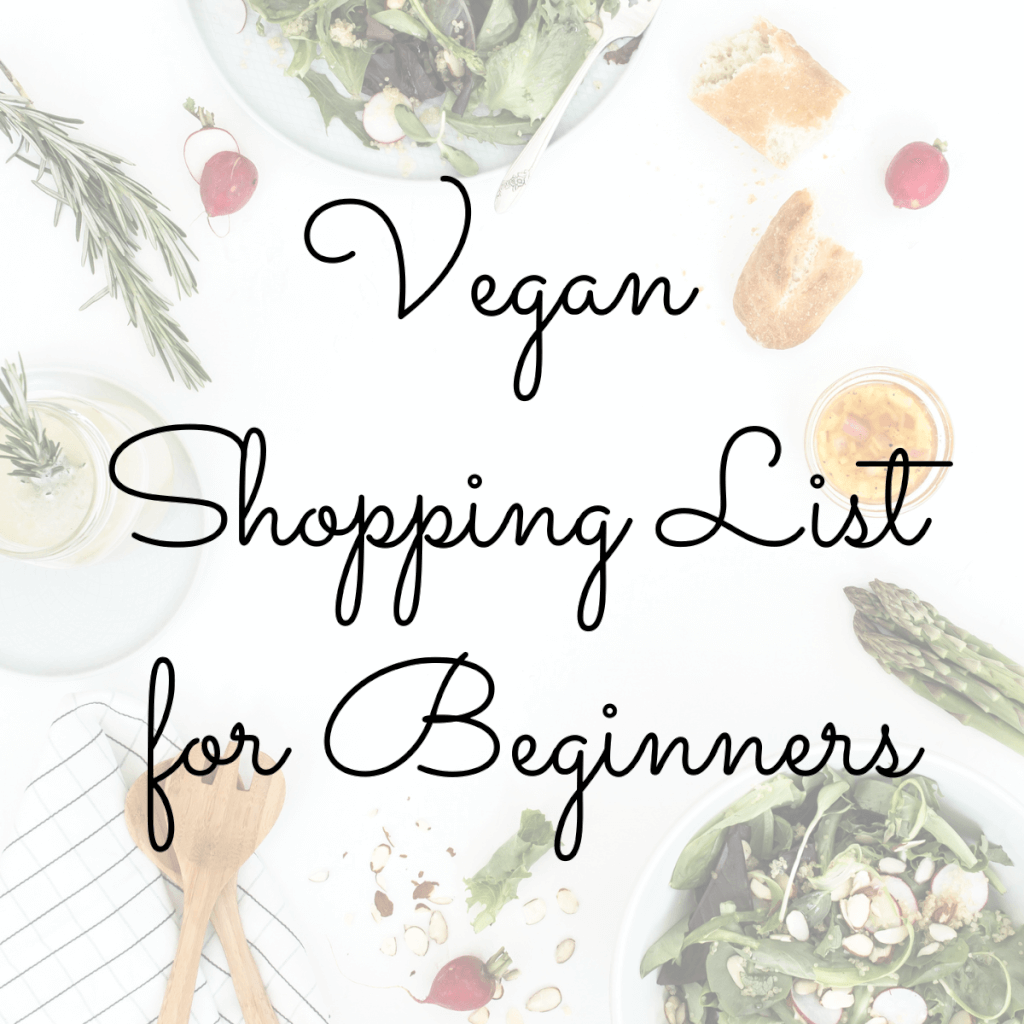
It can be overwhelming at first to go shopping as a beginner vegan. I've put together a list of a basic vegan shopping list for beginners to help you navigate what to look for. This goes beyond just eating fruits and vegetables.
For starters, let's quickly review what a vegan diet is. A vegan diet is based on plant-based foods, which means that it excludes all animal-derived ingredients. This includes meat, poultry, fish, dairy, eggs, and honey. Instead, vegans rely on a variety of plant-based sources of protein, such as beans, lentils, tofu, nuts, and seeds, as well as fruits, vegetables, grains, and plant-based oils. Got it? Good. Let's move on.
No worries if you are still perplexed! Check out my guide to the differences between vegan and vegetarian!
Jump to:
Printable Vegan Grocery Shopping List
Please feel free to open and save this image. Print it out and start filling it in! Go through the list below and add all your favorites so you can go shopping prepared!
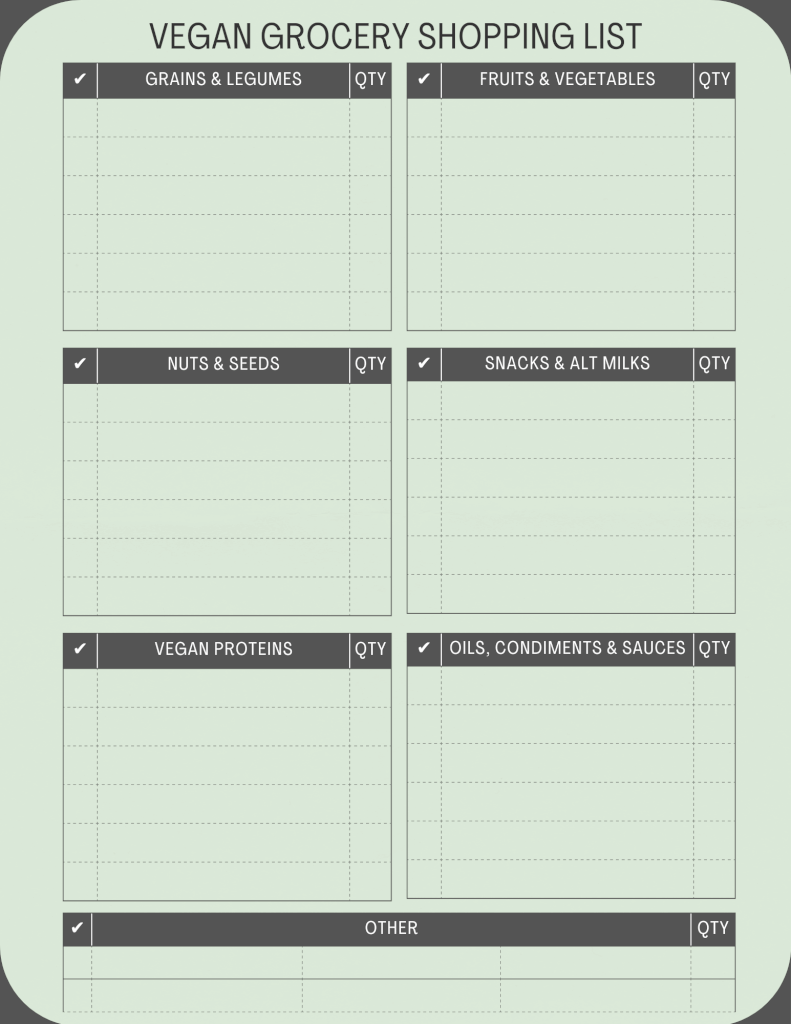
Basics of a Vegan Shopping List
To ensure that you're getting all of the nutrients you need on a vegan diet, it's important to include a variety of foods on your shopping list. This can include:
Fruits and vegetables:
This is a pretty obvious one and doesn't need a whole lot of explaining. Fruits and vegetables should be the foundation of any vegan diet. They provide essential vitamins, minerals, and fiber. Aim to include a variety of colors and types of produce, such as leafy greens, cruciferous vegetables, starchy vegetables, and citrus fruits.
Grains:
Grains are an important part of a vegan diet, as they provide energy, fiber, and a range of nutrients, including B vitamins, iron, and zinc. Some grains you should consider adding to your vegan shopping list include:
- Rice: Rice is a staple food in many parts of the world and comes in a variety of types, including white, brown, and wild. Brown rice is a good source of fiber, while white rice is more refined.
- Quinoa: Quinoa is a grain that is high in protein and contains all nine essential amino acids. It's also a good source of iron, zinc, and other nutrients.
- Oats: Oats are a good source of fiber and contain important nutrients such as manganese and selenium. Oats can be used in a variety of dishes, like oatmeal, granola, and delicious baked goods.
- Wheat: Wheat is used to make a variety of products, including bread, pasta, and flour. Though I'm sure you already knew that! Choose whole wheat products for the most nutrients.
- Barley: Barley is a grain that is high in fiber. It also contains a range of important nutrients, including selenium, manganese, and phosphorus. It can be used in soups, stews, and other dishes.
- Millet: Millet is a small, round grain. It is high in protein and contains a range of important nutrients, including B vitamins, iron, and zinc. Millet can be used as a substitute for rice or as a base for porridge. One of my favorite recipes is this Spicy Millet Salad. Try it!
It's a good idea to include a variety of grains in your diet to ensure that you're getting a range of nutrients. Look for whole grains, which are less processed and contain more nutrients than refined grains.
Legumes:
Legumes, such as beans, lentils, and chickpeas, are an essential part of a vegan diet. They are surprisingly easy to add to recipes and will most likely quickly become a staple for you. They are high in protein and contain a range of important nutrients, including fiber, iron, and zinc. Some legumes that you might consider adding to your vegan shopping list include:
- Beans: There are many different types of beans, such as black beans, kidney beans, pinto beans, and chickpeas (which are also known as garbanzo beans). Beans are a good source of protein, fiber, and other nutrients.
- Lentils: Lentils are small, round legumes that come in a variety of colors, including red, green, and brown. They are high in protein and contain a range of important nutrients, including iron, folate, and potassium.
- Tofu: Tofu, also known as bean curd, is made from soybeans and is a good source of protein and other nutrients. It's often used as a substitute for animal protein in a variety of dishes.
- Tempeh: Tempeh is a fermented soybean product. It is high in protein and contains a range of important nutrients, including B vitamins and iron. It can be used in place of animal protein in a variety of dishes.
Legumes are versatile ingredients that can be used in a variety of dishes, such as soups, stews, salads, and burgers. They can be purchased dried or canned and can be cooked in a variety of ways, such as boiling, frying, or roasting. Canned legumes are a convenient option, but be sure to rinse them well to remove any added salt or other ingredients.
Nuts and seeds:
Nuts and seeds are a good source of plant-based protein, healthy fats, and other nutrients. It is a great addition to a vegan diet. Some nuts and seeds that you might consider adding to your shopping list include:
- Almonds: High in protein and containing important nutrients such as vitamin E, magnesium, and calcium, use almonds in dishes like almond milk, almond butter, and baked goods.
- Walnuts: Rich in healthy fats and containing nutrients like omega-3 fatty acids and vitamin E, use walnuts in salads, baked goods, and as a topping for oatmeal.
- Cashews: High in protein and containing nutrients like iron, zinc, and magnesium, use cashews in dishes like cashew milk, cashew cheese, and as a topping for salads.
- Chia seeds: A good source of fiber and containing nutrients like omega-3 fatty acids and calcium, use chia seeds as a thickener in recipes or as a topping for oatmeal and other dishes.
- Flax seeds: High in fiber and containing nutrients like omega-3 fatty acids and lignans, use flax seeds as a thickener in recipes or ground and added to baked goods.
Nuts and seeds can be used in a variety of dishes. Use them as a topping for salads and oatmeal and in baked goods. They are also a great source of plant-based protein in smoothies and other dishes. They can be purchased whole, chopped, or as nut butters or seed butters. Be sure to store nuts and seeds in an airtight container in the refrigerator or freezer to keep them fresh.
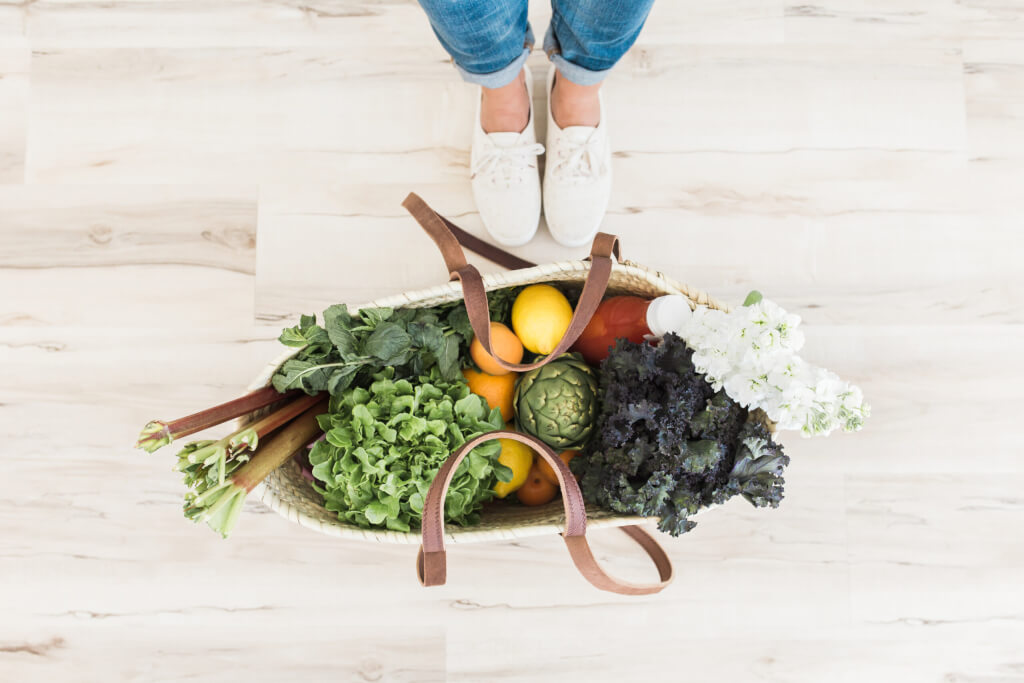
Plant-based proteins:
Plant-based proteins are a good source of protein for vegans and can be a useful addition to a vegan diet. Some plant-based proteins that you should consider adding to your shopping list include:
- Tofu: Tofu, as mentioned above, is made from soybeans. It can be used in a variety of dishes, such as stir-fries, soups, and sandwiches.
- Tempeh: Tempeh is a fermented soybean product that is high in protein and contains a range of important nutrients, including B vitamins and iron. It can be used in place of animal protein in a variety of dishes.
- Legumes: Legumes, such as beans, lentils, and chickpeas, are a good source of protein, fiber, and other nutrients. They can be used in a variety of dishes, such as soups, stews, and salads.
- Nuts and seeds: Nuts and seeds are a good source of protein and contain a range of other nutrients, such as healthy fats and minerals. Some options include almonds, walnuts, cashews, and chia seeds.
- Grains: Some grains, such as quinoa and oats, are also a good source of protein. They can be used in a variety of dishes, such as oatmeal, grain bowls, and baked goods.
- Plant-based protein powders: Plant-based protein powders, such as pea protein powder and rice protein powder, can be a convenient way to add protein to your diet. They can be added to smoothies or used in other recipes.
Plant-based oils:
This one is pretty straightforward. Surprise! Lard and bacon grease are not vegan! Pick oils such as olive oil, avocado oil, and coconut oil to use for cooking and in dressings and sauces.
Condiments and seasonings:
Some great seasonings and condiments to include in your vegan shopping list:
- Soy sauce: Add this savory condiment to stir-fries, soups, and marinades.
- Hot sauce: Spice up your dishes with this condiment made from chili peppers and other ingredients.
- Balsamic vinegar: Use this sweet vinegar to flavor salads, marinades, and other dishes.
- Herbs and spices: Experiment with a variety of herbs and spices, such as garlic, basil, cumin, and paprika, to add flavor to your dishes.
- Mustard: Use this condiment as a topping for sandwiches or in a variety of other dishes.
- Vegan Worcestershire sauce: Add flavor to marinades, sauces, and soups with this condiment made from vinegar, sugar, and other ingredients.
- Vegan mayonnaise: Use this plant-based alternative to traditional mayonnaise as a condiment or in recipes.
Including a variety of condiments and seasonings on your shopping list can help you add flavor to your vegan dishes and make mealtime more enjoyable.
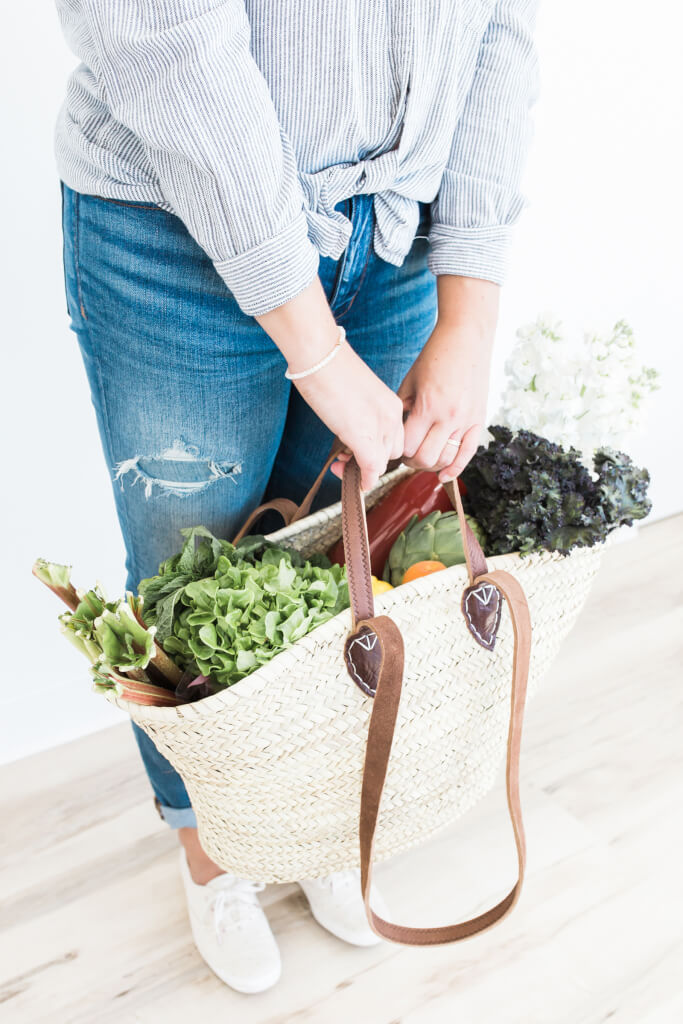
Non-dairy alternatives:
To include non-dairy alternatives on your vegan shopping list, consider adding the following options:
- Vegan milk alternatives: Choose from soy milk, almond milk, oat milk, pea milk and other plant-based milks to replace cow's milk. Use them for drinking, in recipes, or as a base for non-dairy ice cream and other treats. Experiment with different plant-based milks to find your favorites.
- Vegan cheese: Use this plant-based cheese made from ingredients such as nuts, seeds, or tofu as a substitute for traditional cheese in recipes or as a topping for sandwiches and pizzas.
- Vegan butter: As an alternative to traditional butter, try vegan butter made from plant-based oils in baking and cooking.
- Vegan sour cream: Top tacos, burritos, and other dishes with vegan sour cream made from plant-based ingredients such as tofu or nuts.
- Vegan yogurt: Substitute traditional yogurt with vegan yogurt made from plant-based milks like soy, almond, or coconut in recipes or as a snack.
Again, Remember to read labels and ingredient lists when shopping for non-dairy alternatives. Make sure that the products are free of animal-derived ingredients and are not processed in facilities that handle animal products. Look for products labeled "vegan" or that clearly list their plant-based ingredients.
Snacks:
Vegan cookies, crackers, granola bars, and other snacks can be convenient to have on hand when you're on the go. Check out my list of vegan snacks to get some ideas!
It's also a good idea to include some fortified foods on your vegan shopping list. Fortified plant-based milk and cereals make it easy to ensure that you're getting all of the nutrients you need.
Did I miss something on the list?
Feel free to leave a comment. Browse my recipes or look through my vegan essential list.
Remember that the benefits of a vegan diet may depend on an individual's age, sex, activity level, and other factors. Before making any changes to your diet, it is crucial to speak with a healthcare professional.



